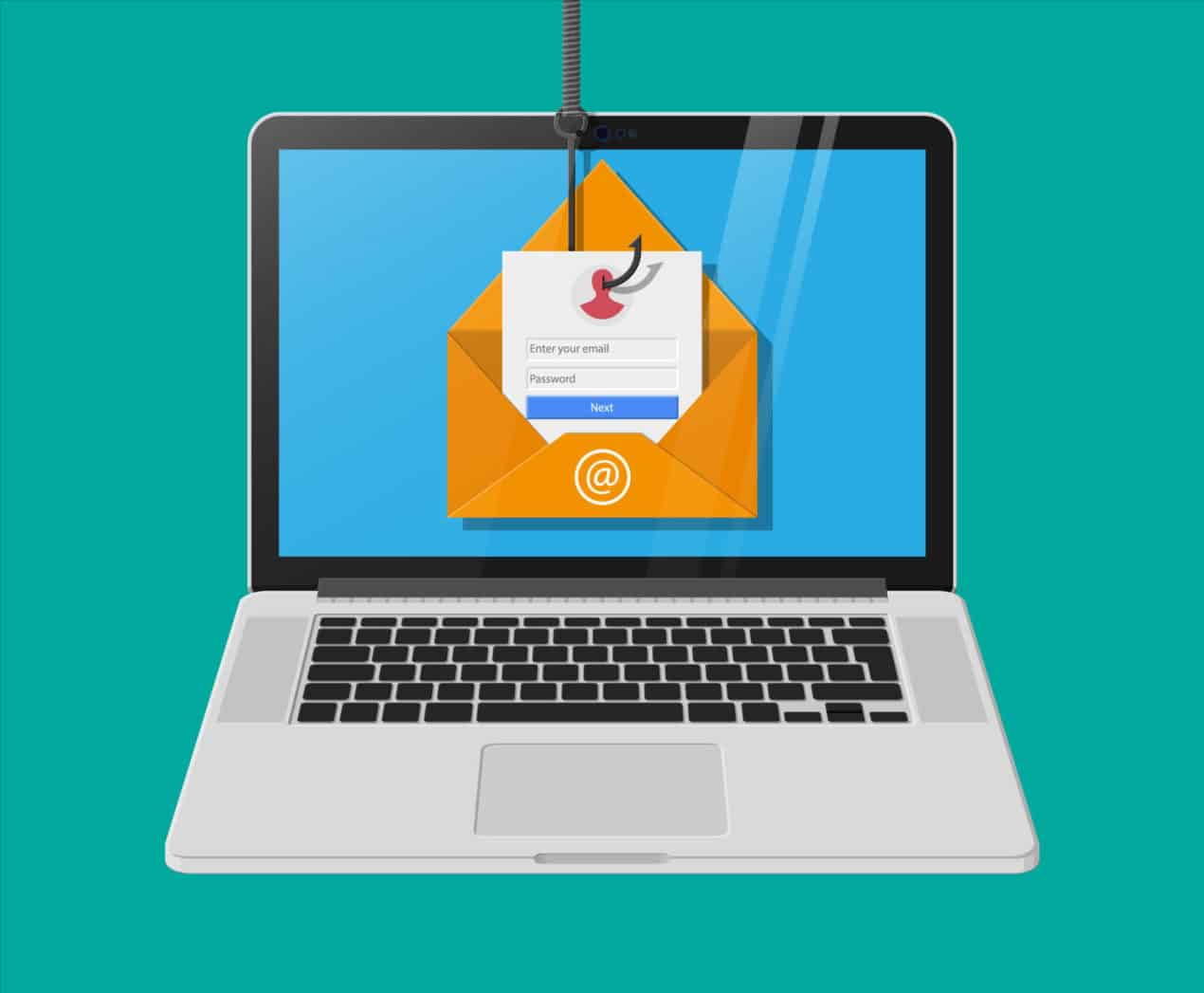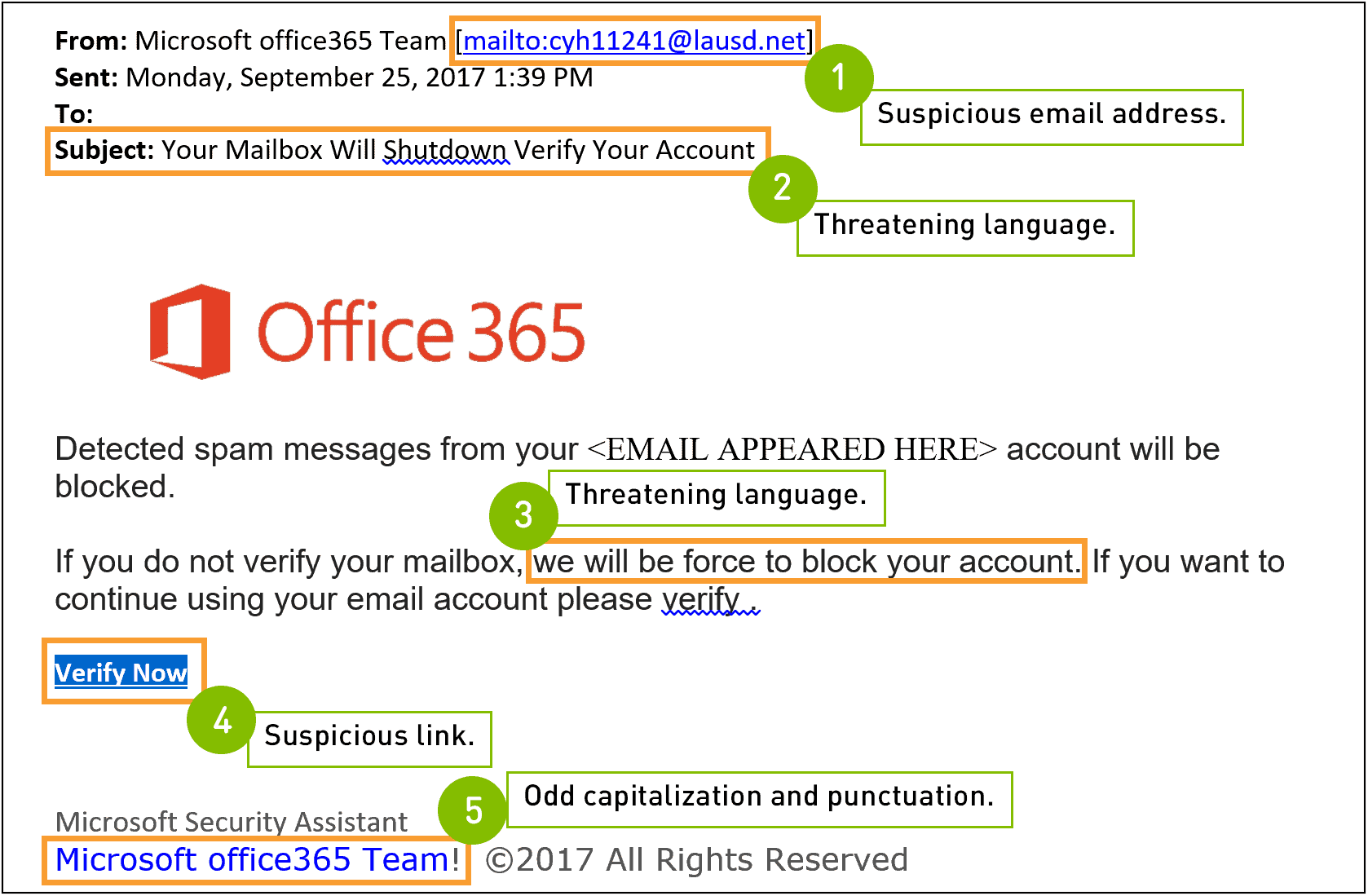What is Phishing?
Phishing scams are conducted by bad actors who are trying to trick their victims. Their goal is to gain access to your passwords or private information so that they can take advantage of your accounts, assets, or identify. Learning to spot these scams, recognize their tricks, and respond wisely helps you protect yourself from becoming their next target.

Recognizing Phishing Attempts
Phishing messages often claim that there’s urgent trouble with your account, or tempt you with deals that sound too good to be true. If a message tries to create panic or rush you into action, pause for a moment. Unusual spelling, generic greetings such as “Dear Valued Customer,” and requests for personal details signal trouble. Keep your eyes open for the common red flags that help identify phishing scams:
It’s important to note that fraudsters can make these messages look very convincing. If you receive an email or text message from anyone that you aren’t expecting or don’t do business with, it is always a good idea to pause before taking action.
How to Protect Yourself
Stay safe by approaching unexpected messages with skepticism. Don’t click links or open attachments from unknown senders, no matter how urgent or exciting they sound. Instead, type official web addresses directly into your browser rather than trusting shortcuts. When in doubt, call the company using their real phone number and ask questions. Never share your personal information with pop-ups or forms that appear unexpectedly. Update your passwords regularly and turn on multi-factor authentication for extra security—think of it as adding a stronger lock to your digital doors.
What to Do if You Suspect a Scam:
If you see a suspicious message, resist the urge to respond and report it immediately to your IT department, email provider, or an official agency like the Federal Trade Commission (FTC). If you accidentally share sensitive information, quickly change your passwords. Watch your accounts for any odd activity, because once scammers gain access, they often act fast. If your bank account becomes compromised, don’t delay in reaching out to your bank. The sooner you inform your bank of the security breach, the sooner they can act to prevent damage.
Please Report Scams
If you spot a scam, please report it to the Federal Trade Commission.
• Go online: ReportFraud.ftc.gov
• Call the FTC at 1-877-FTC-HELP (1-877-382-4357) or TTY 1-866-653-4261
Find more fraud awareness resources on Main Street Bank’s fraud prevention hub.


